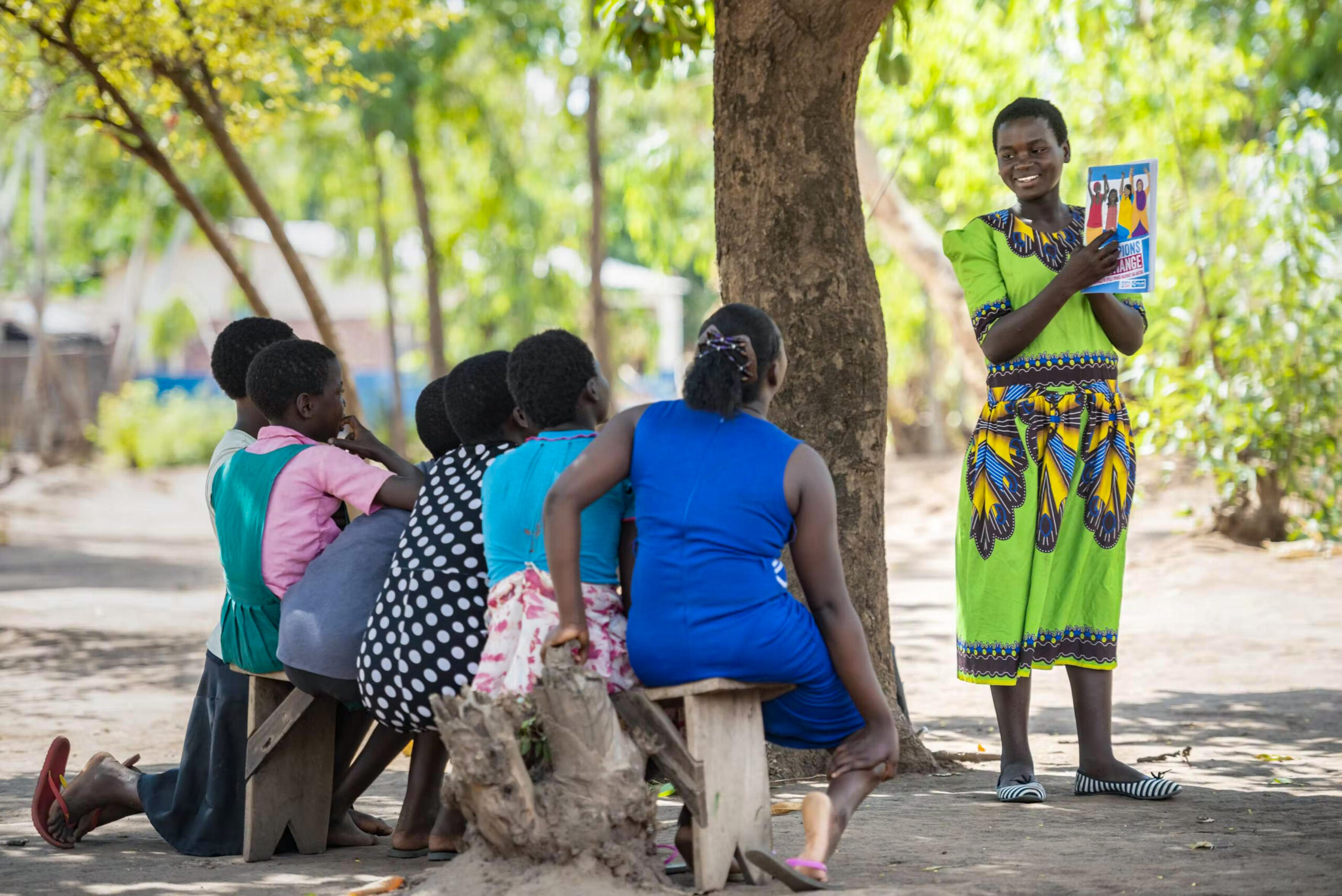
Principal Investigator: Dr. Sally Mtenga
Project leader/ Coordinator: Francis Levira
Project Administrator: Pamela Sao
Funding Partner: Hera
Start date: Sept. 4, 2025
End date: Jan. 30, 2026

Kijana Imara Project: Improving Equitable Access to Quality SRHR for Adolescents
The Ifakara Health Institute (IHI) has been commissioned to conduct a baseline evaluation for the Kijana Imara Project — a five-year initiative (2024–2029) led by UNICEF and UNFPA, with funding from Global Affairs Canada. The project aims to improve the health, wellbeing, and rights of adolescent girls and boys in Tanzania and Zanzibar by ensuring equitable access to quality Sexual and Reproductive Health and Rights (SRHR) services.
The baseline study, scheduled to run from September 2025 to January 2026 and funded by Hera, will establish initial benchmarks for key indicators, identify enabling and constraining factors, and generate lessons to inform the project’s implementation.
Objectives of the Baseline Evaluation
The evaluation, commissioned to IHI, seeks to:
- Assess the initial context and baseline conditions using five evaluation criteria — relevance, effectiveness, efficiency, impact, and sustainability — to provide a foundation for monitoring performance over time.
- Assess the initial status of key indicators at the outset of the intervention (baseline values), providing a critical benchmark for measuring progress at midline and endline stages.
- Identify enabling and constraining factors that may influence achievement of the project’s five-year targets, and make recommendations.
- Draw adaptive lessons to inform timely programmatic and policy decisions and stakeholder engagement. Based on the evidence gathered, deliver clear conclusions, lessons learnt and recommendations that support and inform decision-making (and future scale-up).
Key Project Activities
The Kijana Imara project will focus on strengthening systems and empowering communities through:
- Training and supporting frontline workers and local authorities to deliver rights-based, gender-responsive, and adolescent-friendly SRHR and nutrition services.
- Providing adolescents with information, support, and opportunities for meaningful participation and economic empowerment.
- Engaging parents, caregivers, community leaders, and men and boys to address social norms.
- Supporting government institutions, civil society organizations, and community health workers to strengthen policies, systems, and data collection on adolescent health.
Leadership
The evaluation will be led by Dr. Sally Mtenga, a seasoned scientist and Principal Investigator at Ifakara Health Institute, working alongside Francis Levira, also from IHI. Together, they bring extensive expertise in public health research, evaluation, and adolescent health programming.
